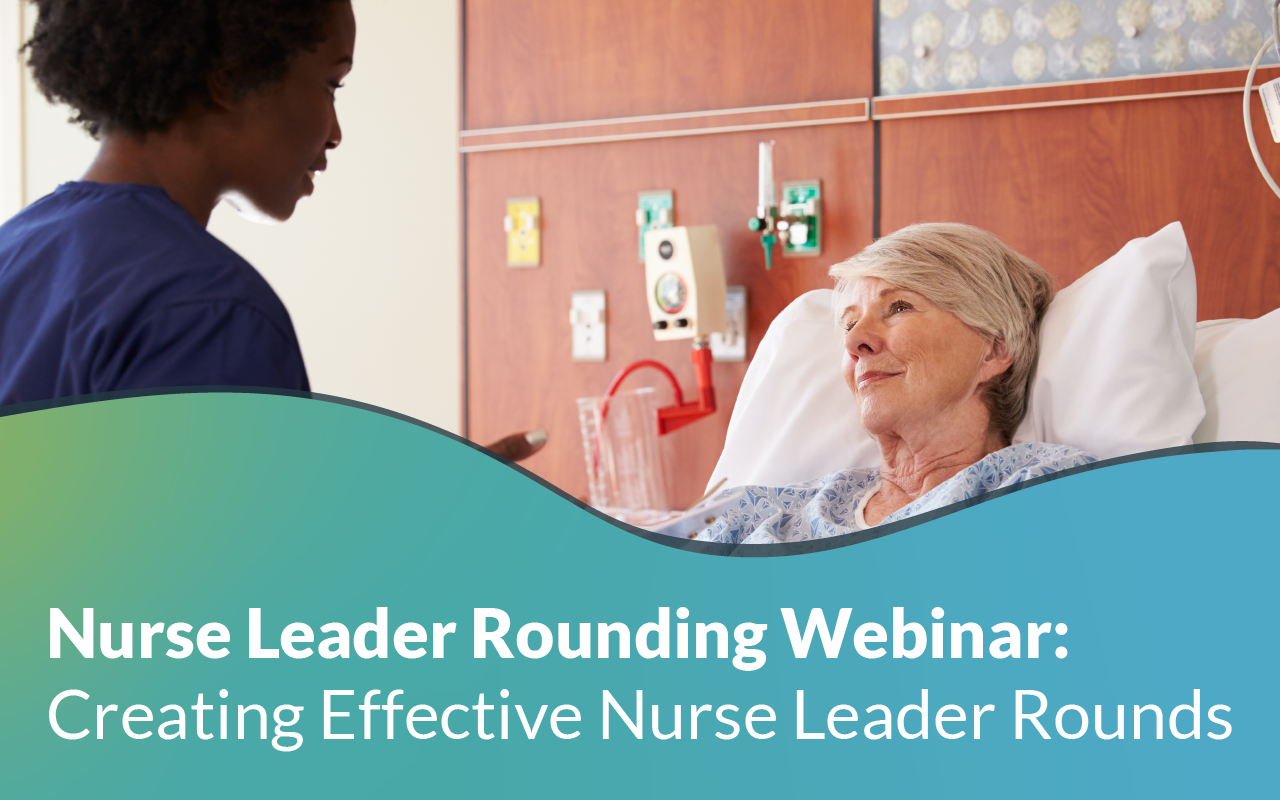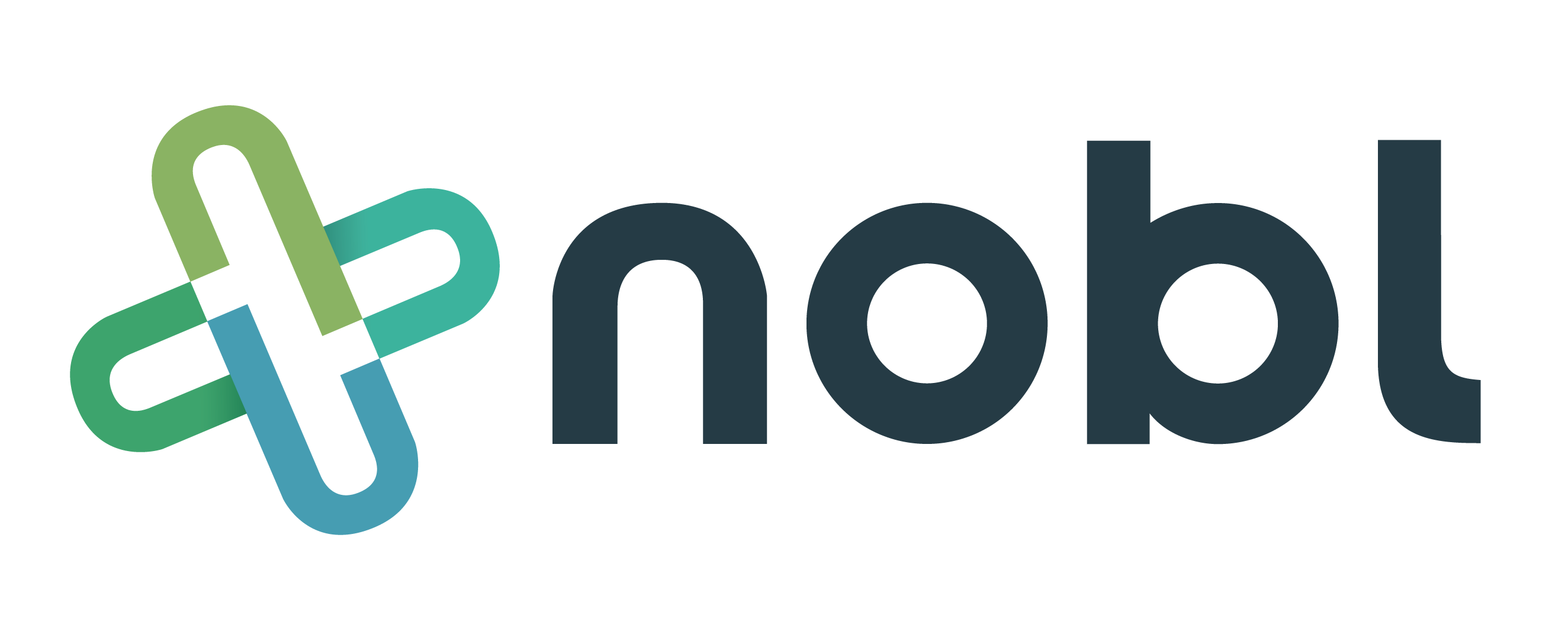
3 min read
Service Recovery for Patient Loyalty
Nobl Health Jan 24, 2022 1:28:00 AM
After working at a large patient satisfaction survey company, I have heard my fair share of patient stories. Although some stories were enthusiastic praises of the facility and the staff, more often, they were descriptions of terrible patient experiences. From losing an item at the hospital and never receiving follow-up to horror stories of poor quality of care. I’ve heard it all. A patient, who had filed a complaint with the hospital about a missing wallet, told me that “they [the hospital] never cared enough to look”. In reality, the staff probably went through their standard protocol but were unable to locate the wallet. Since they did not receive a follow-up about the incident or an apology, the patient felt the concern wasn’t investigated or taken seriously.
That lack of a resolution reads to the patient as “you didn’t care enough to look.”
Hearing these patient stories made me think back to an old retail proverb I was told working a part-time job in college, “If something goes wrong, a customer will tell 10 people, if something goes right, they will tell one.” If one dissatisfied patient tells 10 of their friends or family members, they may reconsider using your hospital with the mindset of “I’m not going to risk that happening when I could just go across town”. Most cities have multiple healthcare organizations, giving patients choices when deciding where to seek care. A single bad experience can drive a patient to look for care elsewhere. On the positive side, praise regarding a wonderful experience shared with even one person is a win. The more positive experiences a patient has at your facility, the more likely it is that they will consider using your facility again. The friend or family member that the patient sang praises about your hospital to, may now consider using your facility as well.
Think of the patient experience as building blocks. Each time a patient has a good experience, they are building up the strength of their loyalty to your organization. Each bad experience knocks a brick or two down.
Ultimately, the goal is to have a solid framework so that a bad experience isn’t completely detrimental to the relationship between the patient and the organization. Having follow-up processes in place, not only gives patients a resolution but is likely to increase the patient’s loyalty towards your facility since “you cared enough to listen to me and solve this problem for me." Even if the outcome is that you were unable to resolve their concern, the patient will likely still return because you closed that loop of communication with them. This real-time service recovery is an essential part of the patient experience.
Nobl’s Service Recovery module offers a way to streamline communication by creating in-the-moment opportunities as you round on patients. Having this feature built into rounds offers a more efficient way to manage requests that shortens response time. To open an issue alert, the rounder will fill out a description of the issue and explain how they would like the resolving individual or department to address the concern. A priority is set for the task between high, medium, and low to provide insight into the severity of the issue. If applicable, photos can be uploaded directly from a mobile device to add to the ticket. As the status of the ticket changes, the involved teams receive email updates to keep everyone informed. Each issue is assigned to a concern category allowing teams to easily track and trend areas of opportunity across the organization.
The Service Recovery module allows for leaders to document issues in real-time as they are rounding. Nurse leaders are busy and may not be able to send an email until the end of their workday, which could be hours after their round. As time passes, the patient has had a few extra hours to dwell on the issue or may even be discharged. By this point, their overall experience may be beyond repair. When teams have the tools to resolve complaints before a patient leaves the hospital, the perception can be maintained or improved after discharge. Nobl’s Service Recovery module cuts down on resolution time by sending an email to the resolving department at that moment. This allows for teams to resolve concerns before a patient leaves the hospital, so they are not still on the patient’s mind after discharge.
The dashboard is designed to act as a homepage that houses all the tickets your organization has opened. This allows departments to see all issue alerts, for their department as well as others. This creates transparency and accountability to be able to see that tickets are being resolved and that the loop has been closed with the patient.
Benefits of Nobl’s Service Recovery Module:
-
Allows the rounder to document a concern as they are rounding
-
Offers a more efficient way to manage requests that shorten service recovery time
-
Provides visibility to trend common issues
-
Resolves concerns before patients are discharged
-
Supports multiple departments allowing users to view all issue alerts
-
Provides accountability to give resolution to patient
At the survey company, it was standard protocol to tell patients that we couldn’t directly follow up on their complaints. However, even after hearing that, they would often continue telling their story because they just wanted to feel heard, to be listened to even knowing I couldn’t do anything about it. I can’t help but wonder what could have happened if their healthcare provider had offered them that same opportunity to voice such a concern and feel like they had been heard while they were still in the hospital’s care.
Loyalty to a service is not like loyalty to a friend or family member. It needs constant support and reinforcement, or it will crumble.
One of the best ways to protect patient loyalty is by actively listening, documenting, and resolving issues before discharge. Imagine how much more satisfied our patients would be with the healthcare experience if their concerns were validated and resolved in real-time.
Written by Desiree Reutzel, Nobl Client Services Account Success Coordinator
New Free eBook
Best Practices for Sharing and Reviewing Data from the Nobl Rounding Platform
Beryl Institute Case study
Improved First Impressions at Your Front Door - Patient Ambassador Rounders Enhance the Patient Experience of a Busy Emergency Department
Recent Posts

Five Key Factors to Consider in Pediatric Leadership Rounding



